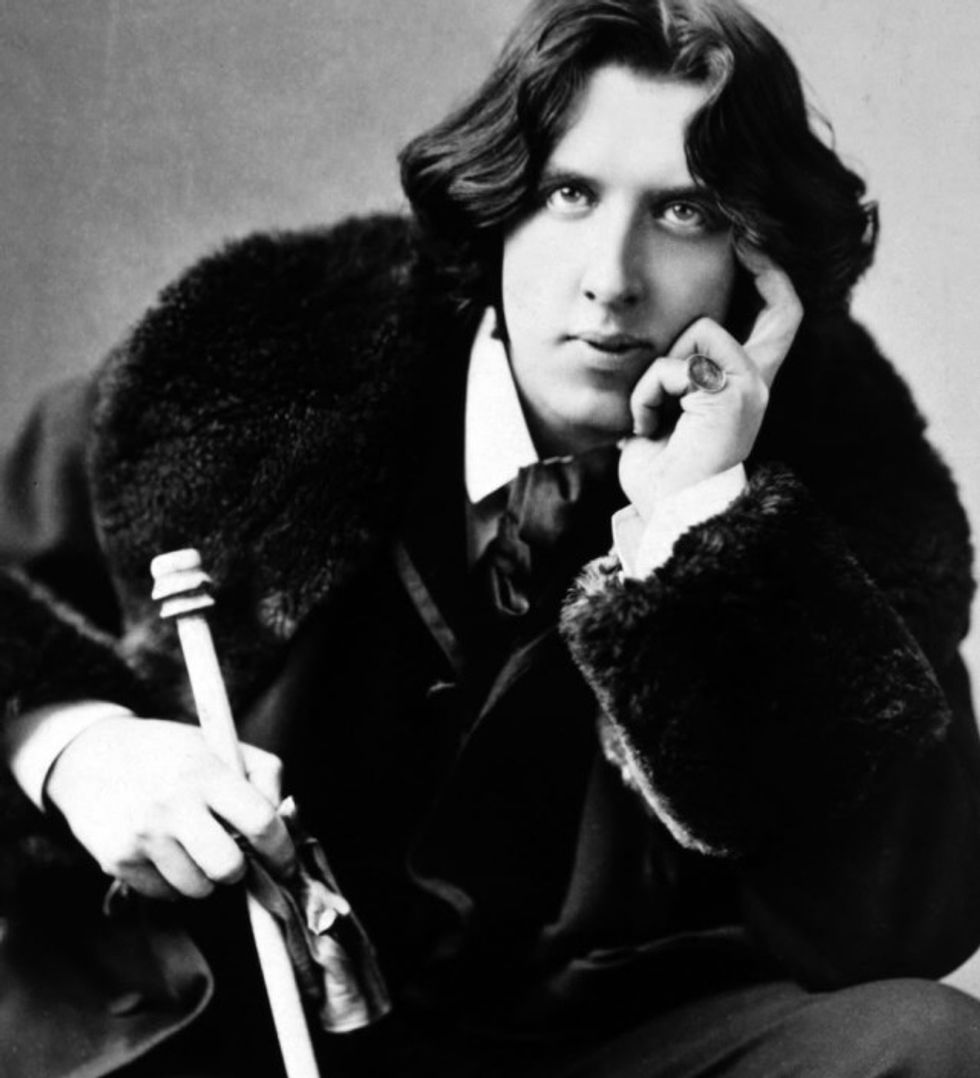I wrote an essay this past week on an Oscar Wilde poem. And it wasn’t easy. I’m an English major so naturally, others assume writing comes easily to me. Which, sometimes, it does. But not in this case. I didn’t have difficulty planning and outlining my essay, but I did have difficulty articulating what exactly I wanted to write. Wilde is not an easy poet to understand. Anyone who has ever read him would probably know that one couldn’t grasp his work in entirety at first glance.
I think where my trouble stemmed from was that I did not full understand the poem and with that, I did not know where I wanted to take it. As my professor said, “Remember, you read the poem but the poem also reads you.” And she’s right. I read the poem and it told me its thoughts and secrets but I also told it mine.
The poem in question was “The Harlot’s House” and as I began researching it on JSTOR and MLA, I realized not too many writers have written about it. It has vastly been used as a reference, rather than a point of study. So that wasn’t too helpful. Sometimes I feel like writing about things that have never been written about before is like surfing a rainbow: you’re getting all that you can handle at once. Poetry and I, like that of Wilde, have a love/hate relationship which can be explained in a simple quote from someone who no one knows, “Truth is like poetry and most people hate poetry.” In other words, I know it’s there and I know it’s important but sometimes I just want to hide from it like a cat under a couch.
I wound up writing about the conceit of the poem and what it suggests about human nature and the emotional disconnect that can arise after visiting something like a harlot’s house. If you haven’t read the poem I would encourage you to do so and then write your own essay and contemplate your own thesis. Because that’s what is so wonderful about poetry: It’s all ours. No one owns it and no one can take it away from you. Once you’ve read it, it’s inside of you like some food you just ate or a lung or two.
Even though I had trouble writing the essay, I still did it and once I did, I wasn’t satisfied because I knew I had missing a few key components of the work by Wilde – mostly because there was so much jam-packed into it that writing a coherent essay on every asset of the poem would have created an incoherent work. But there is one thing, if anything, that I learned from Wilde’s poem that maybe I didn’t appreciate as much as I do now: It’s not what is said, but how it’s said that make the difference. As an English major I should have known that more forwardly. I think I knew it and always did but maybe I just wasn’t giving its rightful day. But then again, I could be wrong.




















